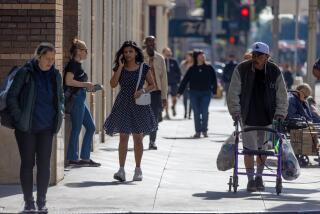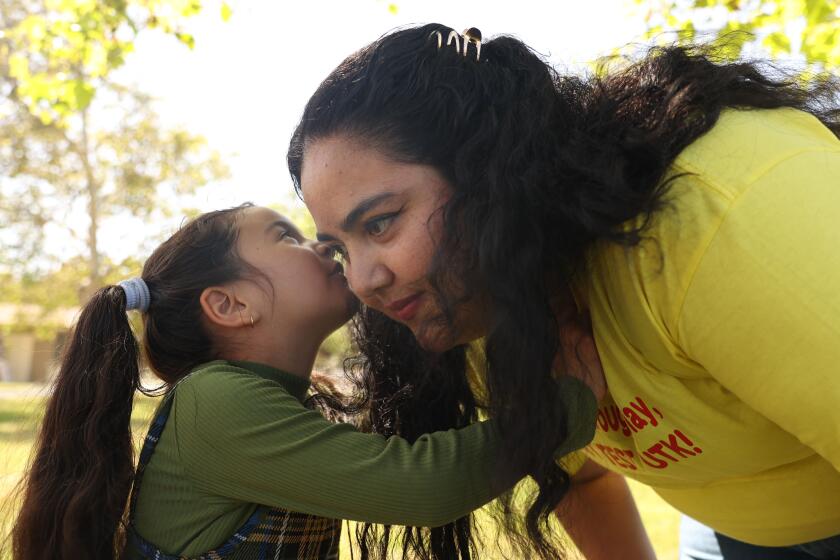Lawndale TV Dispute Keeps Board Off the Air
A disagreement between the Centinela Valley Union High School District and the Lawndale Cable Usage Corp. on who would pay for new cameras has pulled the plug on plans to resume the videotaping of school board meetings.
Under a proposed agreement, the school district would have spent $55,000 for four new cameras, including some with special lenses for filming sports events, that would have been kept in the cable corporation’s van for use in remote cablecasts.
In exchange, the cable corporation would have reinstated a work-study program in video production for district students and continued to videotape and cablecast the board meetings and other school events.
Bob Applegate, vice president of the cable corporation, said cable officials asked the school district to pay for the new cameras because the existing cameras were aging and because the firm wanted to permanently install the old cameras at the Lawndale City Council chambers.
Since school events made up about one-third of the cable corporation’s total programming time, cable officials felt that “it’s fair for the district to cough up a few bucks for these services,” Applegate said.
But district officials disagreed. Supt. Tom Barkelew said the district cannot afford to spend $55,000 on camera equipment, and the district’s lawyer advised the trustees that such a donation, as a gift of public funds, would be illegal. The proposal had been before the trustees since last year, although they finally voted to reject it last month.
The cable corporation began videotaping and broadcasting school board meetings, which are held at the district headquarters, in 1988 as part of a work-study program for students. In February, about a month before students staged walkouts to protest alleged racial discrimination in the district, the switching equipment that allowed school board meetings to be cablecast failed.
At the time, some parents accused the trustees of censorship, but cable officials said the equipment failure had nothing to do with district politics.
In addition, Mike Galarza, the cable employee who was supervising student productions, said the controversy and late-night meetings were putting a strain on the students who were taping them.
The equipment was fixed in June, but the cable corporation, believing that an agreement with the district for new cameras was forthcoming, decided to install the old cameras permanently in the council chambers.
Although they could easily have continued to film school board meetings this summer, cable officials decided against it partly because they couldn’t afford to continue absorbing the production costs and partly because they wanted to force the district to agree to pay for new cameras, Applegate said.
“We wanted to squeeze them,” Applegate said. “What we wanted to know is if they want it enough to pay for it. Well, they don’t.”
In an interview this week, Nancy Marthens, a community activist who has criticized the board for keeping parents in the dark about district meetings, had harsh words for both the district and the cable corporation.
The cable corporation, which recently spent about $4,000 for equipment that provides live cablecasts of City Council meetings, was “irresponsible to not consider the possibility that the school board would not come up with the funds before they limited their ability to film things around the community,” Marthens said.
She also complained that the district hasn’t made cablecasting its meetings enough of a priority. “I think it’s important, especially in light of the current controversies, that the school board meetings be telecast,” she said.
Although cable officials and trustees agree about the importance of videotaping school board meetings, neither side has taken steps to remedy the situation. Cable officials are looking into other funding sources to pay for new cameras, but they have no plans to resume videotaping the meetings.
And although trustees often say they would like the meetings to be cablecast once again, they have stopped short of applying for grants to help pay the production costs.
“I think there may be other alternatives out there (for videotaping board meetings), but right now we have other things on our mind,” Trustee Pam Sturgeon said.
More to Read
Start your day right
Sign up for Essential California for news, features and recommendations from the L.A. Times and beyond in your inbox six days a week.
You may occasionally receive promotional content from the Los Angeles Times.






